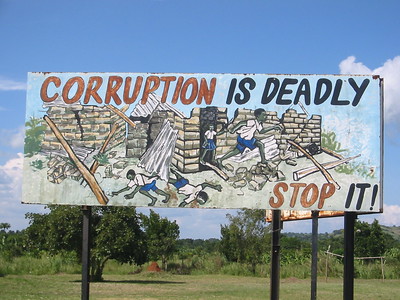
There’s been some concern about government insiders demonstrating great skill at choosing investments, at the presumed expense of other investors (not just individuals, but pension funds and other entities on which we depend). At least they’re required to, ex post, report their trades, including those of their spouses. But there must be a better solution.
A lot could be accomplished by reducing the role of government, and government-backed monopolies such as the “Federal” Reserve, in our economy. This would reduce the leverage of gov’t insiders. But every government operation has a lobby behind it, so this will be a challenge to accomplish. And even a legitimate limited government is going to have an impact on the economy.
So I propose that government insiders be required to post all their trades in advance, let’s say at least an hour before executing them. Put them on an easily-accessible public website (insiders.gov might be a good URL) so folks can front-run them. It would create a whole new subindustry of forecasting market moves based on what the insiders are doing.
Of course all kinds of new hustles might develop to get around this.
- Posting a trade and then not executing it
- Having offshore trusts which they can claim not to control
- Telling their friends a day ahead of time what they plan to do
But it would at least be progress. And it might discourage some of the wealthy from getting so directly involved in government.
